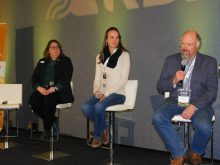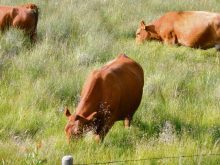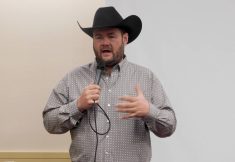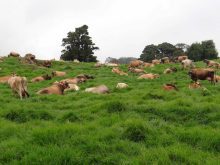The long process to create a Canadian ‘sustainable beef’ program is nearing the finish line.
“We will be launching in December a national framework — this is go time,” said Cherie Copithorne-Barnes, a Calgary-area rancher and chair of the Canadian Roundtable for Sustainable Beef.
The effort to make Canada a world leader in producing cattle raised to the highest environmental, animal health and welfare, and food-safety standards goes back more than three years when fast-food giant McDonald’s picked this country for its global sustainable beef pilot. After the pilot ended, the Canadian roundtable took on the job of refining the ‘indicators’ created for the fast-food giant’s program.
Read Also
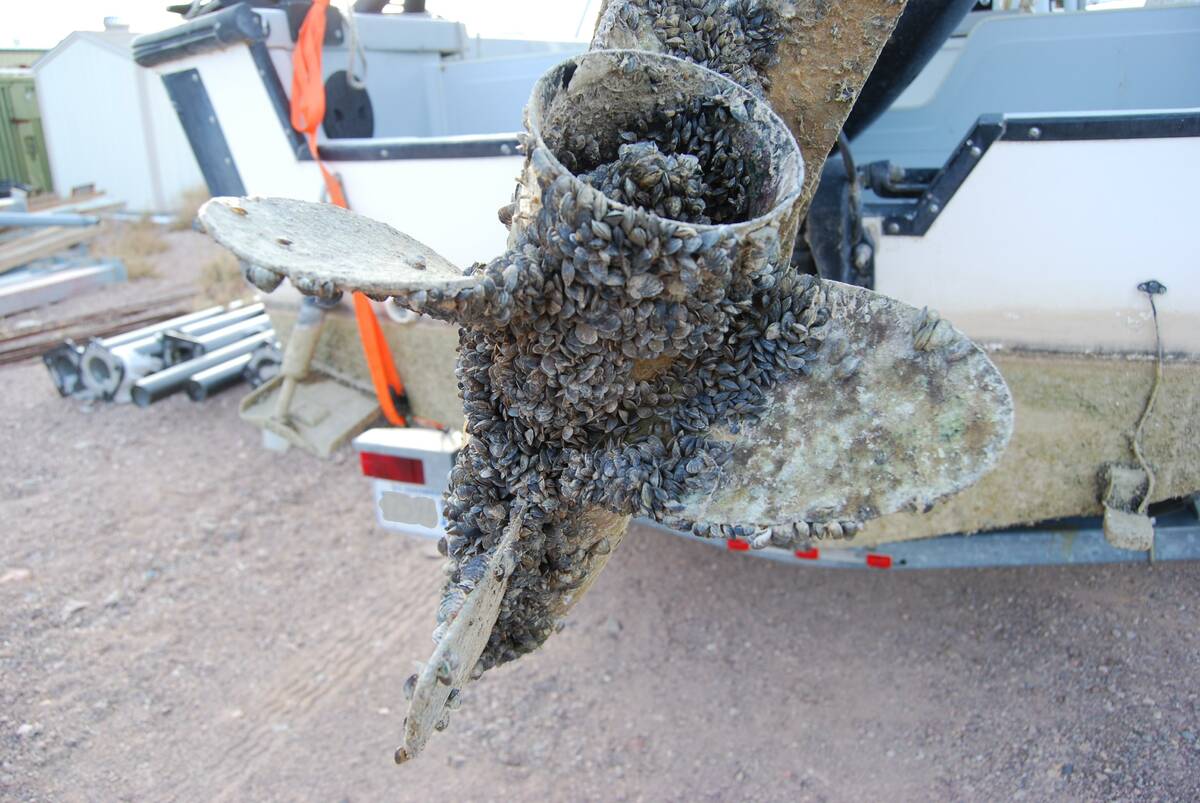
Invasive species council lending a helping hand to Alberta agricultural producers
Alberta Invasive Species Council unveils the huge economic effect of keeping invasive species unchecked to agricultural production in the province.
The roundtable has now grown to 109 members from across the value chain, including government, non-governmental organizations, academics, processors (including Cargill and JBS), major grocery chains, and fast-food chains (including A&W, which attracted the ire of cattle producers for its ‘raised without any added hormones or steroids’ beef program).
“The roundtable has determined what sustainable beef is in Canada,” said Copithorne-Barnes. “We’ve got the definition and we’ve set the standards. We’ve done it through a very collaborative effort, so hopefully we’re not missing out on anything.”
The group has established a new scientific advisory committee, which will launch special projects and kick into motion after the framework is launched. And a newly created communications and marketing committee will be working with roundtable members, which include heavy-hitters such as Loblaws and the World Wildlife Fund, to promote their work to Canadians and the rest of the world.
“We will use media, social media, and any means possible to try and get this word out,” said Copithorne-Barnes.
The organization doesn’t have estimates on what it will cost to producers to comply with the indicators. But it has long insisted that for most producers, it will be mostly about documenting what they are already doing rather than changing the way they raise cattle.
Unlike other certification schemes, the indicators are outcome based — which means producers are not required to use specific practices, said Tim Hartman of the World Wildlife Fund, who sits on the indicator committee.
Work on the indicators began nearly three years ago and even though they’ve gone through a public consultation, they are still being reviewed, he said.
“We’re going to have a series of meetings and webinars that will happen between now and December, when we roll this thing out completely,” said Hartman.
The verification committee has taken the indicators and built a framework around them, which will be realistic to producers and processors and not disrupt their business, said Emily Murray, one of the co-chairs of that committee.
“It has to be long term and cost effective,” said Murray, who works for Cargill.
But the program will also be credible for consumers and give them reason to trust Canadian beef when it comes to environmental, welfare, and food-safety standards, she said.
Twenty-one different producers from across the country have tested the verification framework to see how it will work. These producers came from different provinces, and represented every size of operation from small to large.
“We have a nice mix of experiences and expectations,” she said.
Three auditors tested the audit, the training manual, and the program developed for auditors. The majority of producers tested were able to identify areas of improvement, and said the participation in the trial was worth their time.
The supply chain, represented by Verified Beef Production Plus, the Beef InfoXchange System (BIXS) and Cargill, is also developing their own program to meet the standards set out by the roundtable.
“CRSB is building the standard, but the supply chain has to meet it. If the supply chain doesn’t meet it, we can’t put a logo on anything. We’re really working to build that while this is going on, so that we be ready and make a bold statement for Canada as possible,” said Murray.
The verification framework will get its launch at the Western Canada Conference on Soil Health and Grazing, which will be held in Edmonton on Dec. 5-7.




